Frenkie de Jong's Ankle Injury Forces Him Out of Euro 2024
Frenkie de Jong, a key player for both Barcelona and the Netherlands national team, has suffered a major setback. The 27-year-old midfielder, who has been grappling with an ankle injury for some months, will miss the European Championships 2024. De Jong’s injury woes began during a match that saw Barcelona lose 3-2 to Real Madrid on April 21. Since then, his attempts to recover have been unsuccessful, leading to his exclusion from the anticipated tournament.
Career Impact
The loss of De Jong is a significant blow for the Netherlands team. He has been an integral part of their midfield, known for his creativity, control, and ability to dictate the pace of the game. His absence will inevitably affect the dynamics and strategy that coach Ronald Koeman had envisioned for the team. This is not the first time De Jong has faced ankle issues this season; in fact, this marks the third occurrence, prompting concerns about his long-term fitness and management of his injuries.
For Barcelona, De Jong's absence has been equally challenging. He missed the final six games of the season, important matches that could have affected their standing in the league. Ronald Koeman has not minced words in criticizing how Barcelona handled De Jong's injuries. According to Koeman, the risks taken by the club with De Jong’s health are now impacting the national team, as the player needs a longer period to heal fully. Koeman is now faced with the task of finding a suitable replacement — a difficult feat given De Jong's unique skill set.
Official Statements
The Dutch Football Association (KNVB) made the announcement regarding De Jong’s absence official, much to the disappointment of fans and the team alike. De Jong expressed his regret and frustration on social media, stating that his ankle needs more time to heal properly. He addressed his followers and supporters, emphasizing that his primary focus now is to rehabilitate fully and return to the field in peak condition.
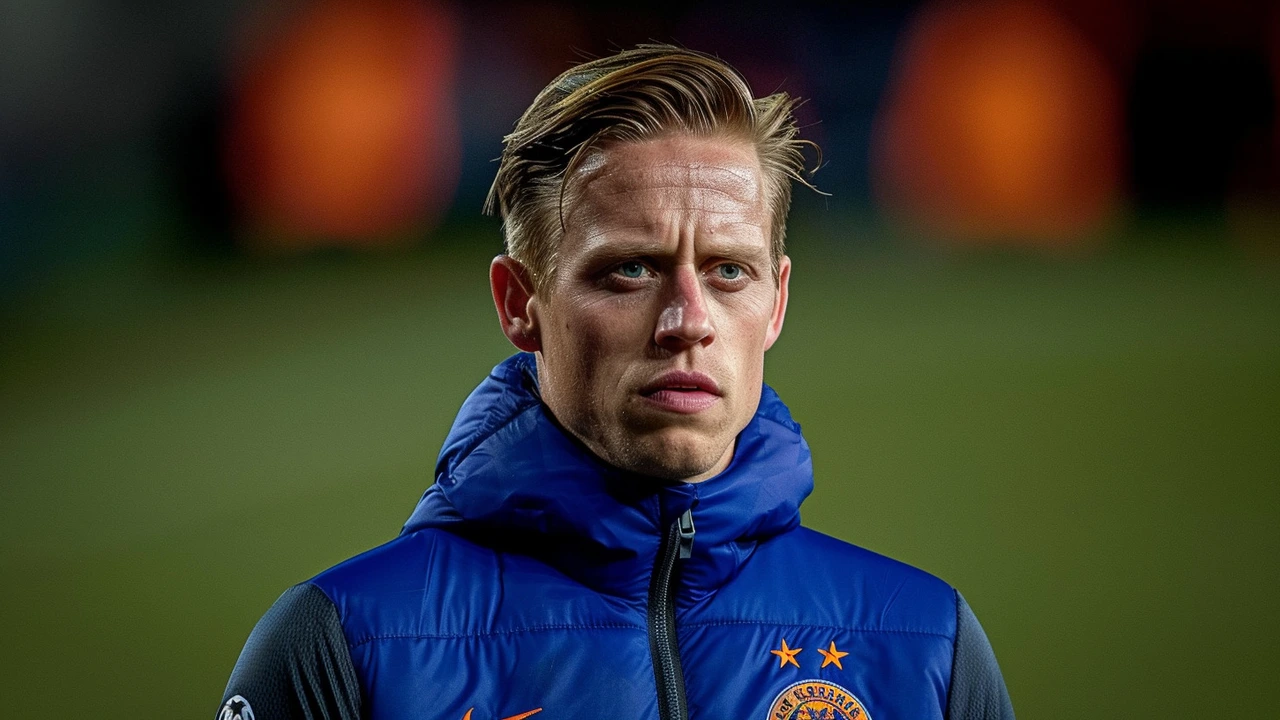
The Road Ahead
With De Jong sidelined, the Netherlands squad must adapt quickly. Their Euro 2024 campaign is set to kick off on June 16, where they face Poland in their opening match of the group stage. Following Poland, the team will meet formidable opponents, France and Austria. The absence of a player like De Jong could tip the scales in these critical matches. As the team gears up for these challenges, the focus will undoubtedly be on finding a strategy that compensates for his missing presence.
The Replacement Dilemma
Koeman’s options for replacement are limited. The final list of players for a tournament like the Euro Championships is often meticulously planned based on form, fitness, and tactical needs. Losing a player so late in the preparation phase disrupts these plans. While there are talented midfielders within the Dutch squad, few can replicate the specific qualities that De Jong brings to the table. Whether Koeman will prioritize experience or young potential in his replacement choice remains to be seen.
A Look at De Jong's Season
This past season has been one of mixed fortunes for De Jong. While he showcased brilliant performances whenever he did play, his repeated injuries prevented him from maintaining consistency. His recurring ankle problems have led to questions about his future and the management of his physical condition. Both Barcelona and the Dutch national team have felt the effects of his intermittent availability.
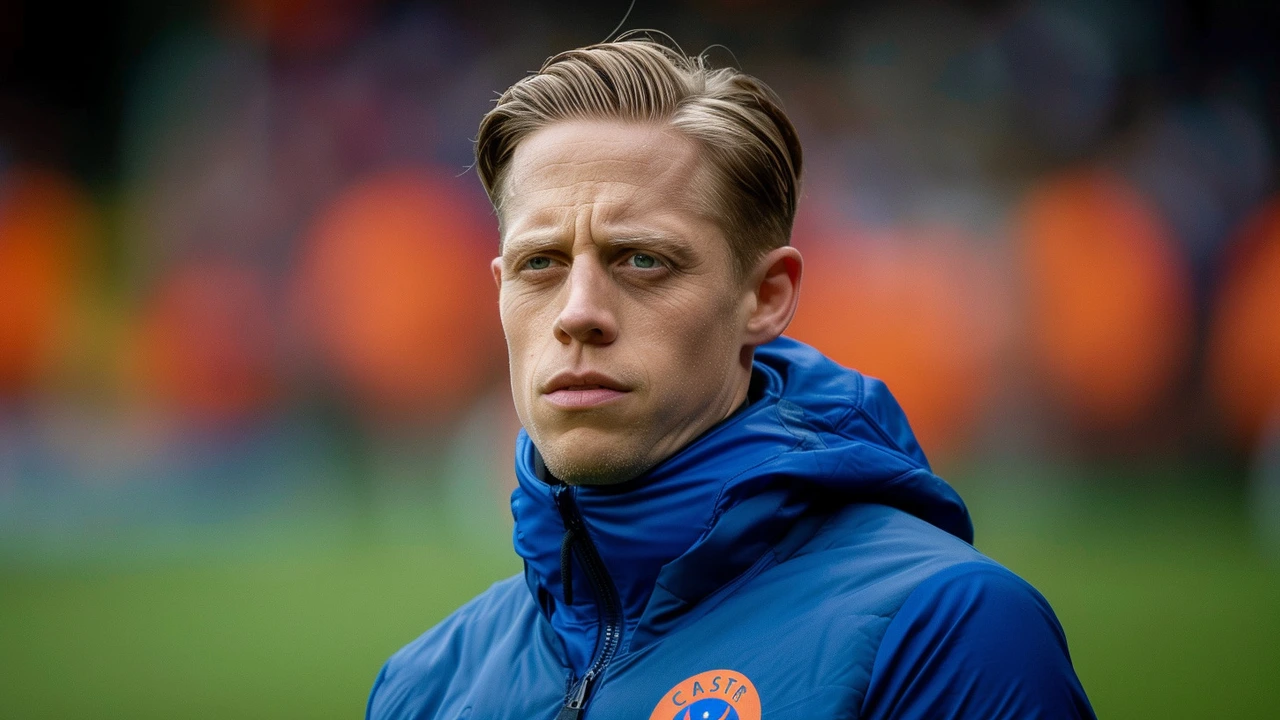
Koeman's Criticism
Ronald Koeman’s criticism of Barcelona’s handling of De Jong’s health issues sheds light on the complex relationship between club and country priorities. Clubs often push players to recover quickly due to the high stakes involved in league and cup competitions. However, this sometimes comes at the cost of the player’s long-term well-being. Koeman's outspoken remarks highlight a broader dilemma faced by many international managers: balancing the immediate needs of the club with the long-term fitness of the players for national duty.
Future Implications
The immediate concern is De Jong's recovery, but there are long-term implications as well. The management of his rehabilitation will be crucial in preventing future injuries and ensuring he returns stronger. It also raises questions about the medical and managerial practices at clubs regarding player health. How Barcelona handles this period will be closely watched, as will De Jong’s progress and reintegration into the team once fit.
De Jong’s situation also serves as a reminder of the physical demands placed on modern footballers. With crowded schedules and high-intensity matches, the risk of injuries is ever-present. Players, clubs, and national teams must navigate these challenges carefully to ensure long-term careers and sustained peak performances.
Conclusion
Frenkie de Jong’s absence from Euro 2024 is a significant loss for the Netherlands, and it underscores the complex and often precarious nature of managing elite athletes. As he focuses on recovery, fans and teammates alike will hope for his full and swift return to the form that has made him one of the standout midfielders in world football. For now, all eyes will be on Ronald Koeman and how he adapts his squad to meet the challenges ahead in Euro 2024 without one of their brightest stars.
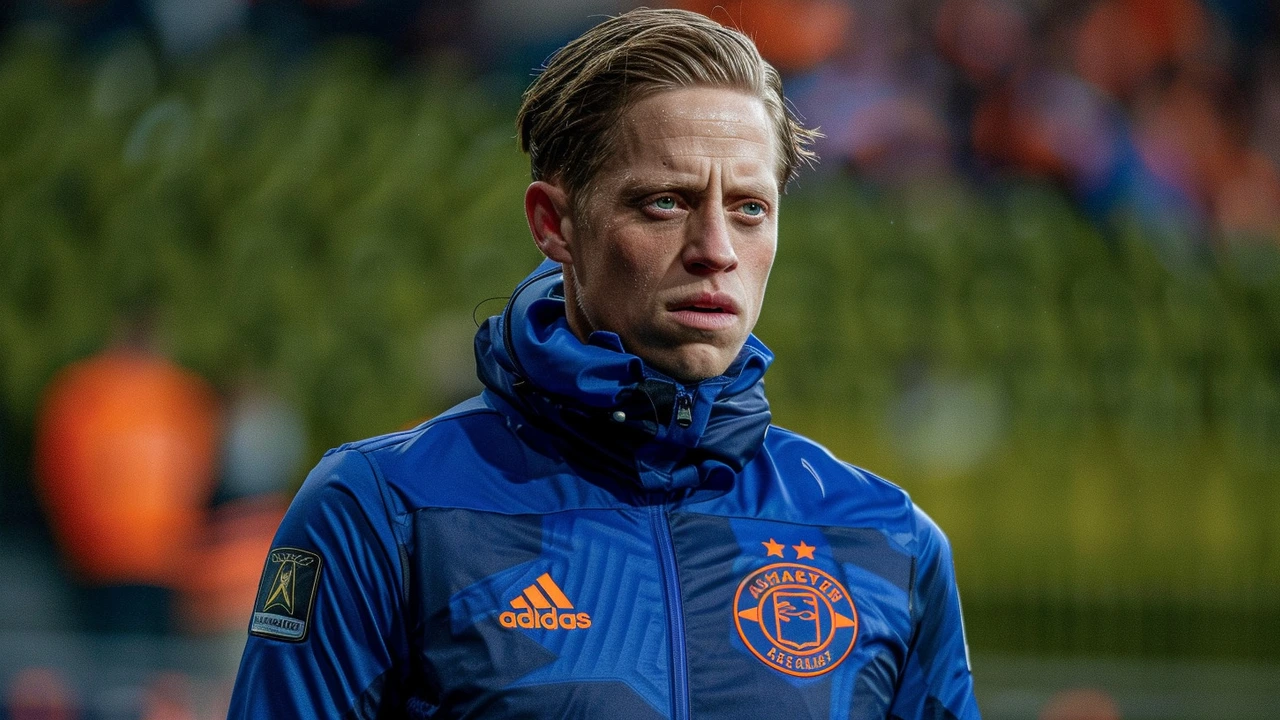

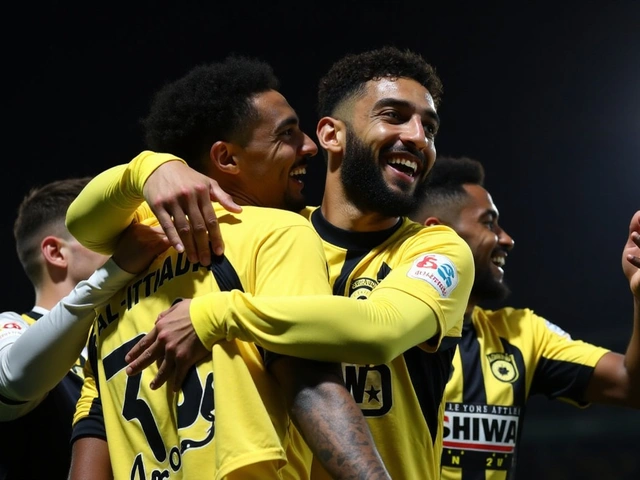
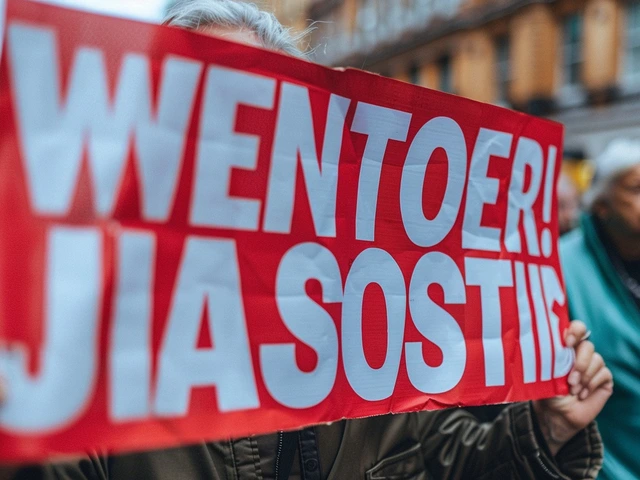

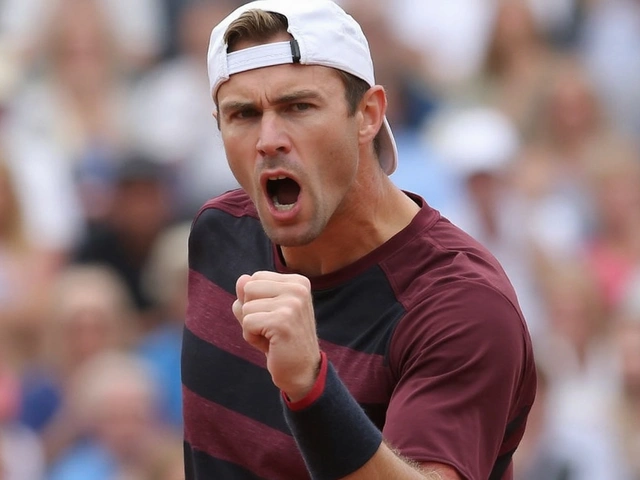
Jauregui Genoveva
June 11, 2024 AT 19:42It’s sad how clubs treat players like replaceable parts 😡.
naman sharma
June 17, 2024 AT 03:29It appears that Barcelona’s medical staff are under pressure from hidden stakeholders to accelerate player returns, which inevitably compromises long‑term health, the pattern repeats across Europe, fans are unaware of the financial motives behind such decisions.
Quinten Squires
June 22, 2024 AT 11:16De Jong has logged over 2,500 minutes in La Liga this season, yet his injury record shows three separate ankle setbacks, each lasting roughly six to eight weeks, the numbers suggest his workload was unsustainable, everyone knows that constant high‑intensity pressing takes a toll.
Tyler Manning
June 27, 2024 AT 19:02One must recognize that the Netherlands, a nation forged in resilience, cannot afford the luxury of mediocrity; the absence of a player of De Jong’s caliber is a direct affront to Dutch footballing heritage, therefore the selection committee should prioritize home‑grown talent who embody the Oranje spirit, any deviation from this principle would betray the country’s proud legacy, let it be clear that we expect a roster that reflects national pride above all else.
james patel
July 3, 2024 AT 02:49From a tactical standpoint, De Jong’s lack of presence forces a recalibration of the team’s possession‑retention metrics, necessitating an increased reliance on transitional play and high‑press zones; the midfield axis will need to adjust its spatial awareness and inter‑line coordination, otherwise the expected xG output may dip significantly.
Scarlett Mirage
July 8, 2024 AT 10:36It is a profound ethical dilemma, when the commercial imperatives of elite clubs eclipse the cardinal duty of safeguarding human health, we must interrogate the moral calculus that permits a player’s body to become a mere commodity, the philosophical foundations of sport demand respect for the athlete’s autonomy, yet the current paradigm treats him as expendable, consider the cascading effects on younger aspirants who look up to these icons, they internalize a narrative where personal sacrifice is glorified, not lamented, the very notion of “winning at all costs” becomes a hollow proclamation, devoid of genuine virtue, moreover, the collective conscience of fans should not be silenced by corporate interests, we have a responsibility to hold institutions accountable, for if we allow this erosion of ethical standards, the sport itself will descend into a mechanistic enterprise, stripped of its humanity, let us, therefore, champion a culture where recovery and well‑being are paramount, not an afterthought, and may this episode serve as a catalyst for systemic reform, ensuring that future generations inherit a healthier, more principled game.
Ian Sepp
July 13, 2024 AT 18:22While the facts are clear regarding De Jong’s condition, it is essential to approach the situation with measured consideration, the rehabilitation protocol outlined by the Dutch FA aligns with best‑practice standards, and any deviation could jeopardize long‑term performance metrics.
Sweta Agarwal
July 19, 2024 AT 02:09Oh great, another star sidelined – just what the Dutch needed, right? 🙃
Henry Cohen
July 24, 2024 AT 09:56Look i think they are hiding the real reason why he cant play its all a ploy by the board to push new players they dont want the old star they want fresh blood dont trust the official stmt its all a setup
Mark Langdon
July 29, 2024 AT 17:42Hey folks, I totally feel for De Jong – injuries are rough – but I also think the team will rally together and give us a great tournament, stay positive!
Ciara Russell-Baker
August 4, 2024 AT 01:29De jong is realy an icon, cant beleive he’s missin the euro, hope he get better fast.
Aaron Samarita
August 9, 2024 AT 09:16Another drama, another season, what a surprise.